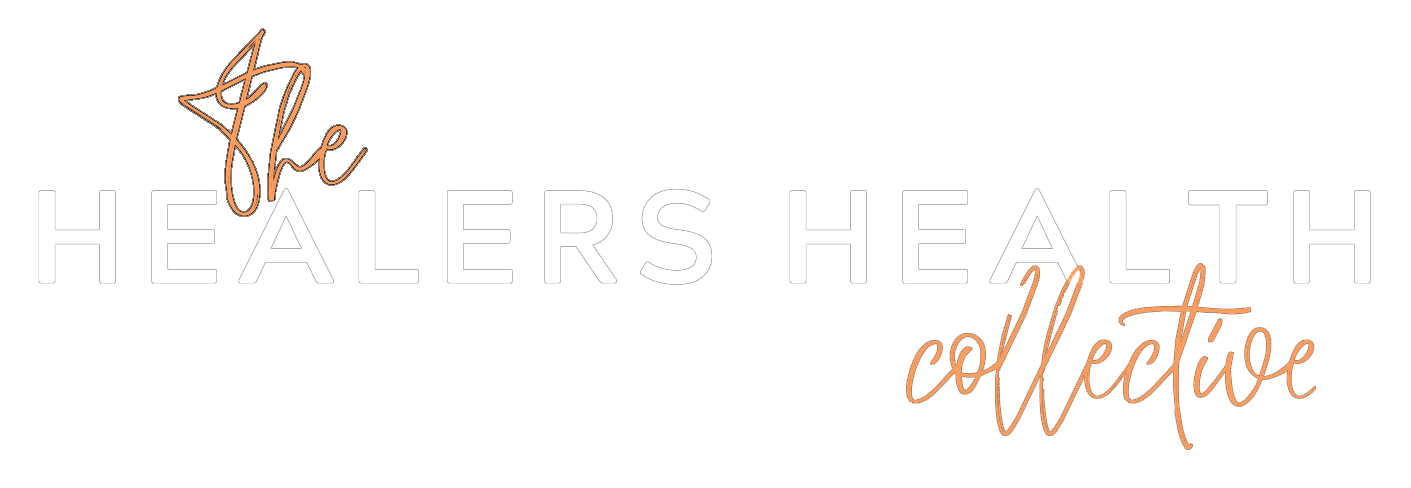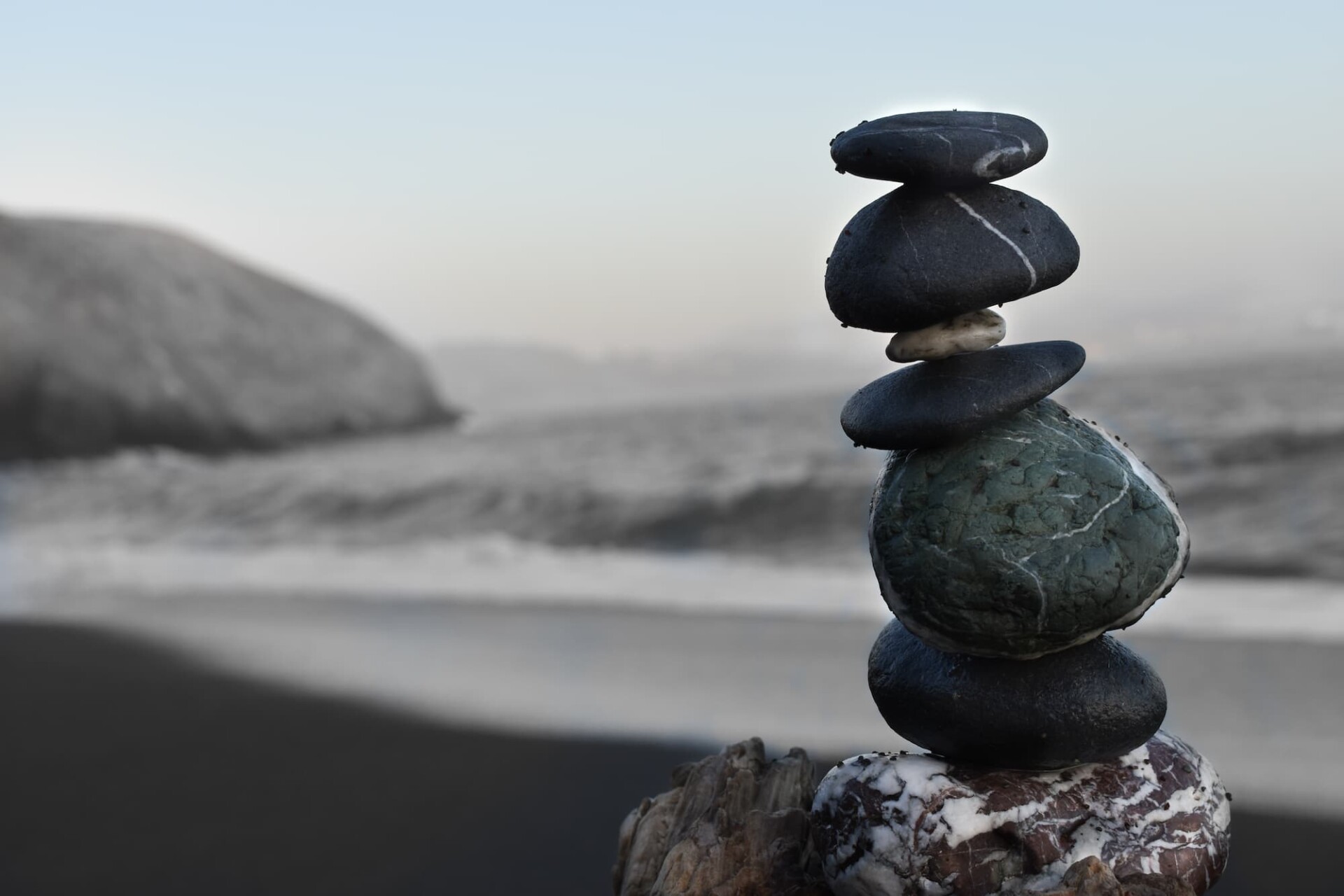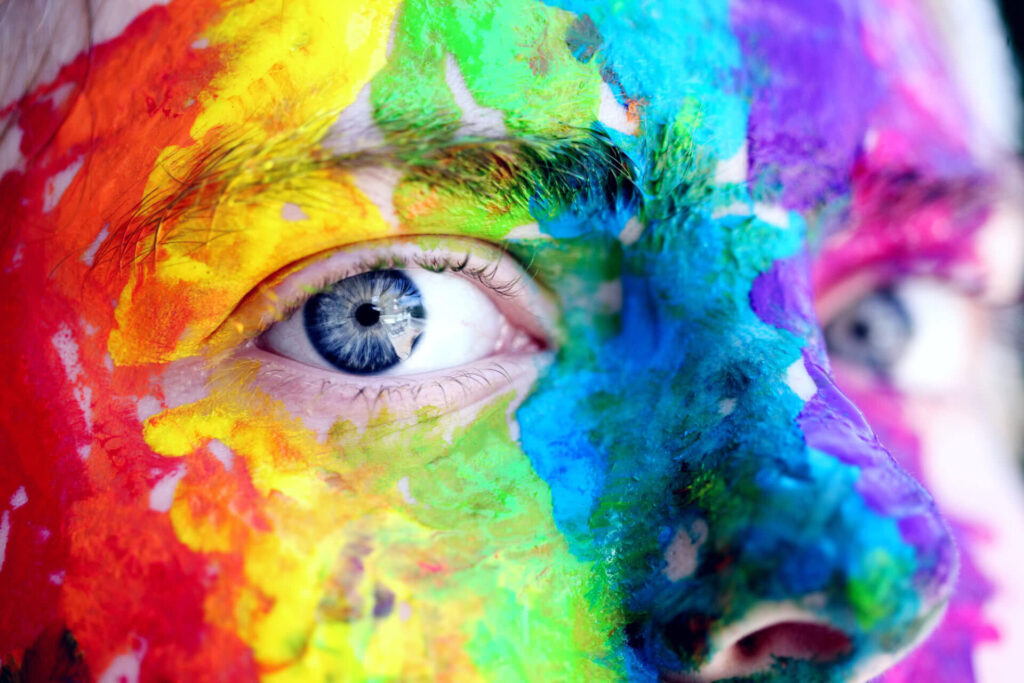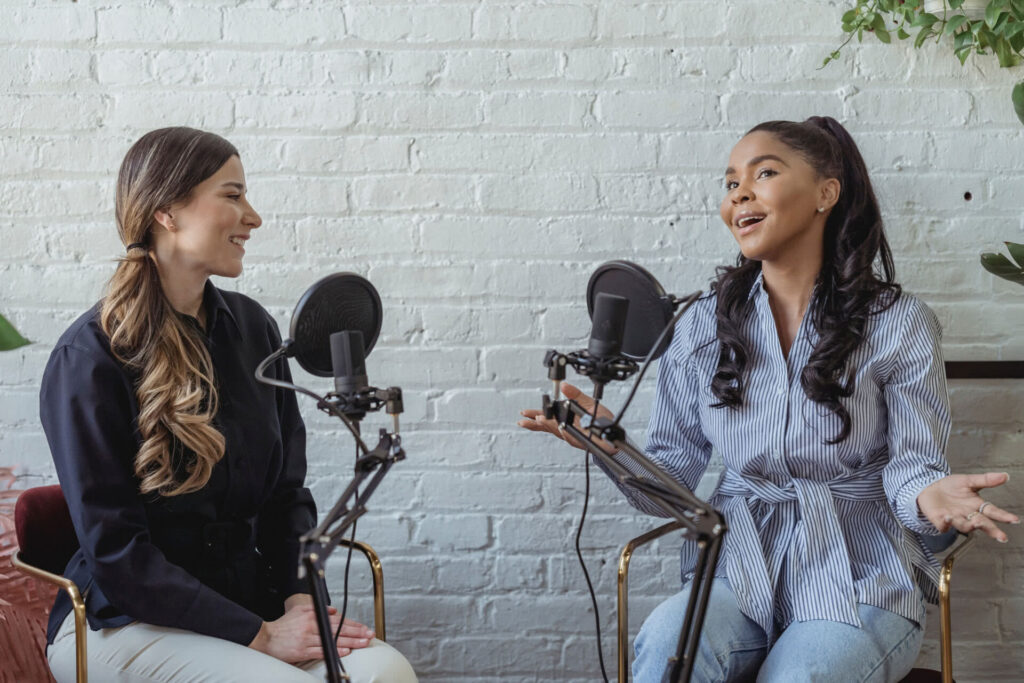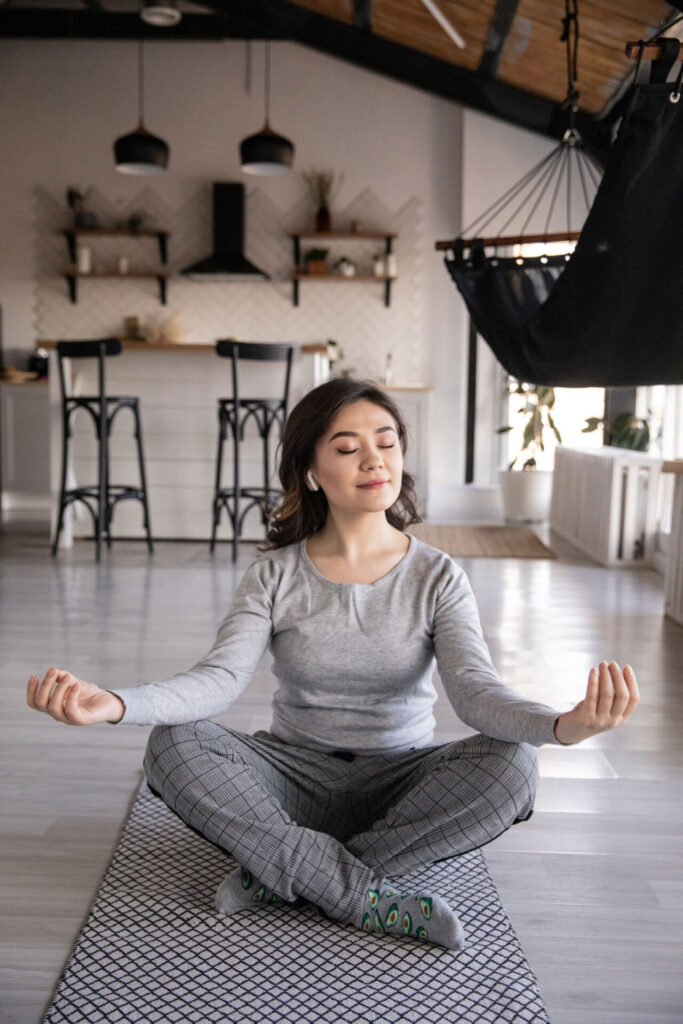I have always thought of myself as an empathetic person. I felt that as a physiotherapist I was considered in my approach, thoughtful in my words and understood as best I could what each individual I met may be experiencing. I saw myself as strong but kind, able to help others through their rehabilitation.
My relationship with my patients was as a knowledgeable ‘healer’.
These beliefs all changed significantly when I found a lump in my breast and underwent a bilateral mastectomy. I felt as though I had been catapulted to the ‘other side’, having never appreciated there might be such a thing.
My experiences as a patient had a profound impact on my practice thereafter. In sharing some of these experiences, I hope it may allow you to reflect on your own practice as a ‘healer’ or ‘therapist’ and how it shapes our identity as health professionals and humans.
Whilst in hospital I did not share that I was a physiotherapist.
In fact, I did not openly share with many that the surgery was happening. There is a mix of reasons why I didn’t share (and still don’t) but the overarching theme is of fear, of admitting a weakness. Medical professions can polarise the world into two very distinct groups.
There are those who are sick or sore and therefore in need of help or healing, and those that ‘do the job’.
Having always been strong, fit and healthy and part of the ‘doing’ group, becoming a patient challenged my identity. I also had fears that others would no longer perceive me as strong, fit, and capable. Which ultimately I believe, is part of what led me to remain silent.
I had assumed breast loss to be hard but had not fully thought through the impact this has on the whole self. It wasn’t that I was particularly proud of my breasts prior to surgery. I was small-busted and thanks to breastfeeding there was nothing I’d show off. But the tissue was my body, had served a practical function in feeding my babies, and was part of my sexual identity as well. Comments from well meaning nurses or therapists after the surgery (comments that I too had previously made) such as “the surgeon did a good job” or “your scar is so neat” were met by my own resistive thoughts like “there is nothing neat about this at all”. The truth for me is that, despite a “successful surgery”, my body will never be the same, and for that I feel grief and loss. What I longed for was for someone to acknowledge that loss, to recognise that none of this was wanted, and that change is difficult.
Having never previously had major surgery, I had no appreciation for the utter exhaustion that comes with recovering from surgery and anaesthesia. This exhaustion encompassed mind, body and my sense of self. I returned to work after four weeks, much to the bemusement of my surgeon. I remember his words clearly, “What makes you so different from anybody else that you would heal at a faster rate?”
For some reason as health professionals, we believe we are different, that somehow physical or mental health and healing would be different for us. But truthfully, it’s not.
We are no different, and in fact this belief that we are somehow stronger, more capable of healing or better able to navigate health issues, leaves us vulnerable to poorer outcomes and isolation in our struggles.
I believe this professional facade can permeate our attitude to our own personal health challenges and risks ultimately causing greater anxiety and distress.
It has just marked two years since my surgery.
As more time passes, I wish that I had spoken up at the time.
I wish that I had shared this significant health event with more family, friends and colleagues so that they could be part of my life, this journey and allow them the opportunity to take on the role of ‘healer’. I recognise now, that in not sharing at the time, it has denied those around me that chance to help me when it was needed most. Two years on, it feels a little foolish not to have shared more than I did.
If you are in the midst of health challenges, whether physical or mental, my encouragement to you is to say so. To share and allow that breaking down of the ‘us and them’ mindset, which ultimately only hurts us.
Sometimes life is very hard, but it does also get better. Wounds heal, strength returns and life marches on. Kindness, compassion and understanding ourselves as health professionals along the way can make all the difference.
Peace.
